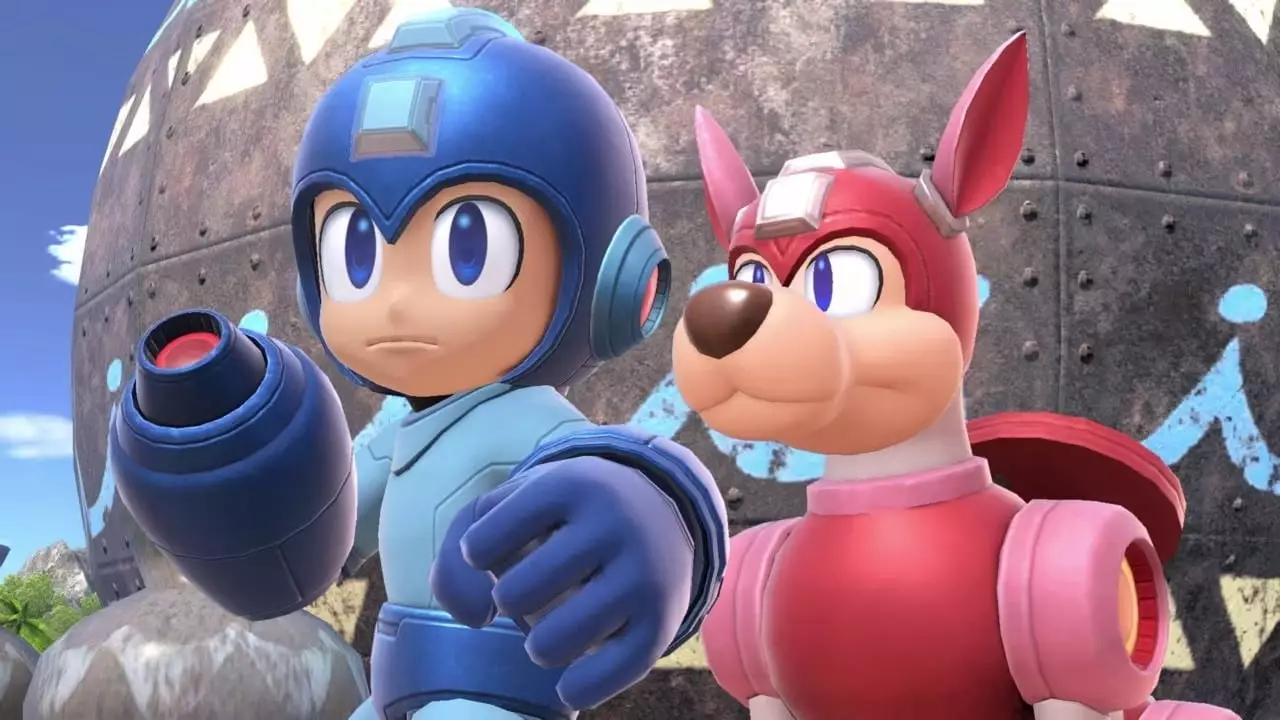In a surprising turn of events at this year’s Game Awards, Capcom, the venerable Japanese video game titan, captured the attention of gamers with announcements surrounding the resurrection of beloved titles such as **Okami** and **Onimusha**. This bold move aligns with Capcom’s newly minted strategy to reactivate dormant intellectual properties (IPs) from its extensive catalog that have remained silent for an extended period. Through an official press release, the company has laid out its vision for revitalizing these classic games, emphasizing a commitment to enhancing its corporate value while remaining dedicated to producing high-quality titles that resonate with both old fans and new players.
Capcom’s library is a treasure trove of gaming history, overflowing with iconic characters and stories that have defined generations. The resurgence of renowned games like **Okami** and **Onimusha** speaks volumes about Capcom’s understanding of its legacy and the desire to tap into nostalgia while offering modern gameplay experiences. Their recent efforts, including compilations like the **Marvel vs. Capcom Fighting Collection**, showcase the company’s prowess in reintroducing classic gameplay mechanics to a contemporary audience.
While some might argue that relying on nostalgia is a crutch for creativity, Capcom employs a measured approach, blending traditional gameplay elements with innovative features that appeal to a modern player base. The announcement of an upcoming **Monster Hunter** title further demonstrates the company’s commitment to maintaining its relevance in a competitive market while also planning for an exciting future.
Capcom isn’t just reviving old games without input from its audience. Recently, during a shareholders meeting, the company actively sought feedback on which franchises fans would like to see make a comeback. A survey indicated that titles like **Breath of Fire** were among the top contenders, suggesting that Capcom is keen on engaging its community in the decision-making process. This interaction not only strengthens brand loyalty but also ensures that the revivals are aligned with public interest.
Furthermore, Capcom’s decision-making parallels the trend observed with other Japanese gaming titans. Companies like Sega are also busily reactivating classic franchises such as **Crazy Taxi**, **Shinobi**, and **Jet Set Radio**. This collective movement within the industry highlights a growing recognition of the value contained within historical IPs, signaling a strategic renaissance where established franchises can thrive alongside newer titles.
As Capcom embarks on this journey to revive its classic IPs, the anticipation for what’s to come is palpable among gamers. Will fans be treated to elaborate remakes or simple remasters? How will the storytelling adapt to modern sensibilities? The resounding question remains—what will be the next legendary title to make a comeback? With an impressive portfolio and a dedicated focus on quality, Capcom seems poised to not just rest on its laurels but to breathe new life into the cherished games of the past, ensuring that they remain a relevant part of the future gaming landscape.

